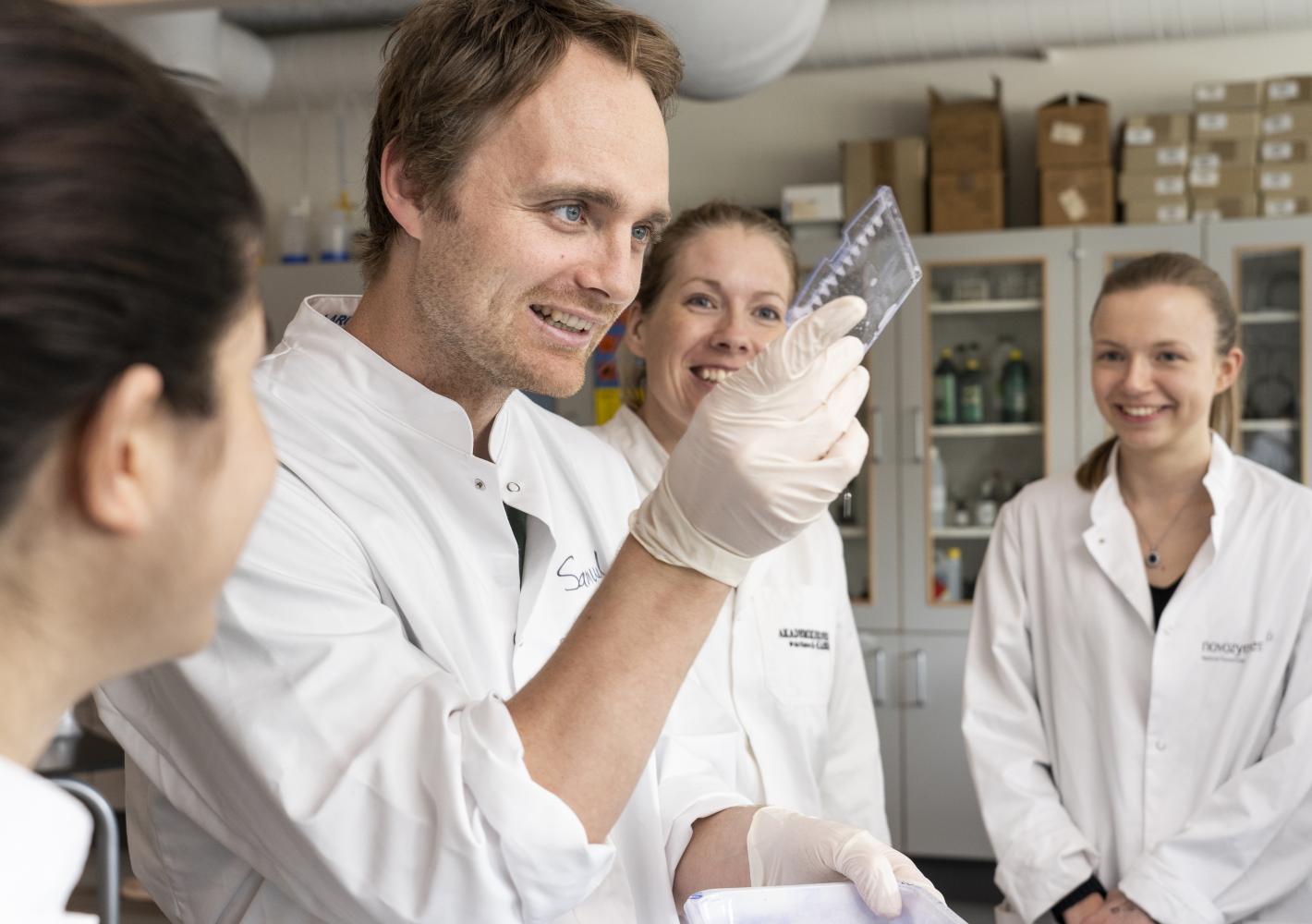When considering the multifaceted realm of biotechnology engineering, one may ponder: is a robust foundation in biology indispensable for success in this domain? This query, seemingly straightforward, conceals a labyrinth of complexities that intertwine the disciplines of biology and engineering. Let us embark on an analytical journey to dissect this challenge.
Biotechnology engineering itself represents the nexus of biological sciences and engineering principles. As such, it traverses a myriad of applications, including but not limited to healthcare, agriculture, and environmental sustainability. To unravel the importance of biology within this field, it is crucial to delineate the fundamental components of biotechnology engineering.
At its core, biotechnology is predicated on manipulating living organisms and their components to develop products and processes that enhance human life. This entanglement with the biological sciences is ostensible; hence, an inquiry arises: what specific aspects of biology are most pertinent to a career in biotechnology engineering?
First and foremost, understanding cellular biology is paramount. The intricate structure and function of cells lay the groundwork for biotechnological innovations. Without comprehending how cells operate—their metabolic pathways, genetic frameworks, and signaling mechanisms—engineers may find themselves grappling with designs that lack biological feasibility. Furthermore, the interaction between biomolecules, such as proteins, nucleic acids, and lipids, is foundational. Engineering applications, ranging from synthetic biology to genetic engineering, rely heavily on manipulating these biomolecular interactions.
Equally crucial is molecular biology, which delves deeper into the mechanisms governing genetic expression and regulation. The ability to comprehend and modify DNA sequences allows for the development of genetically modified organisms (GMOs) and the production of biopharmaceuticals through recombinant DNA technology. Hence, it becomes apparent that a thorough understanding of genetic engineering—an explicitly biological facet—empowers biotechnology engineers to harness the potential of living systems optimally.
Conversely, what of the engineering components? Can theoretical prowess in mathematical and physical sciences compensate for these biological necessities? It is conceivable to argue that engineering principles lend a vital framework to biological manipulation. However, it is pivotal to recognize that these principles alone may not suffice. The application of engineering methodologies must align with biological realities; hence, interdisciplinary synergy is essential.
Moreover, the burgeoning field of bioinformatics warrants mention. This discipline amalgamates biology with computational techniques, underscoring the necessity for engineers to traverse both biological data analysis and algorithm development. As biotechnology engineers face increasingly complex datasets, a sound understanding of biological systems equips them to design innovative bioinformatics tools that can manage and analyze vast quantities of biological information efficiently.
But wait—does this imply that one must possess extensive biological knowledge or formal training? The landscape of biotechnology is remarkably diverse. There are avenues within biotechnology engineering where engineers may assume a more technically oriented role, focusing on aspects such as process engineering, bioprocess optimization, and product development. In these cases, while biological knowledge remains beneficial, it may not be strictly requisite. However, lacking a foundational understanding could lead to limitations in devising effective solutions.
It is essential to navigate the evolving landscape of biotechnology education. Historically, biotechnology programs have emphasized a hybrid curriculum that synergizes biological, chemical, and engineering disciplines. As advancements propel this field forward, educational institutions are increasingly seeking to balance the integration of biology and engineering principles within their curricula. Thus, aspiring biotechnology engineers are encouraged to cultivate a versatile skill set that encompasses a breadth of scientific knowledge.
In practice, collaboration emerges as a cornerstone of success in biotechnology engineering. Most biotechnology projects are undertaken by multidisciplinary teams comprising biologists, engineers, chemists, and data scientists. This collaborative ethos signifies that, while a background in biology is incredibly advantageous, teamwork and communication skills eclipse pure knowledge as essential attributes in the engineering toolkit. Engineers proficient in the biological sciences can elucidate complex concepts to their biological counterparts, leading to synergistic innovations.
Let’s not overlook the ethical implications of biotechnology, either. A solid grounding in biological principles informs engineers of the potential impacts their innovations carry. With advances in biotechnology, ranging from CRISPR gene editing to synthetic organisms, ethical considerations can no longer be an afterthought. Engineers equipped with biological understanding are poised to engage critically with the ramifications of their work, promoting a more holistic approach to biotechnological advancements.
In conclusion, the question of whether biology is required for biotechnology engineering unveils a multifarious landscape. While a solid foundation in biological sciences underpins many of the innovations within biotechnology, several paths exist that may focus more heavily on engineering principles. Nevertheless, interdisciplinary collaboration, educational approaches, and ethical considerations interweave the two fields, rendering a comprehensive understanding of biology a significant asset. Ultimately, aspiring biotechnology engineers should embrace a multifaceted curriculum, recognizing that while they may navigate complex designs, the biological heartbeat resonates at the core of their innovations.








